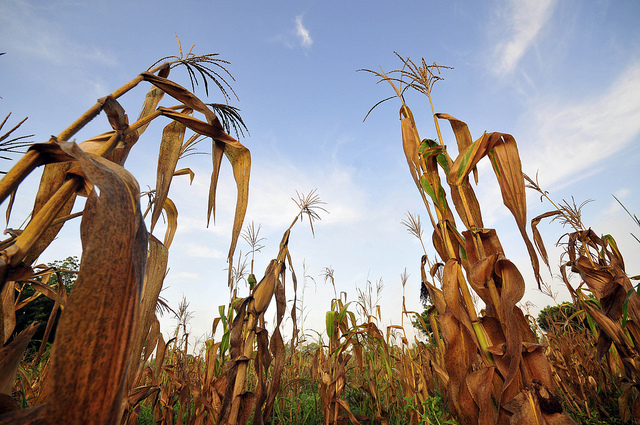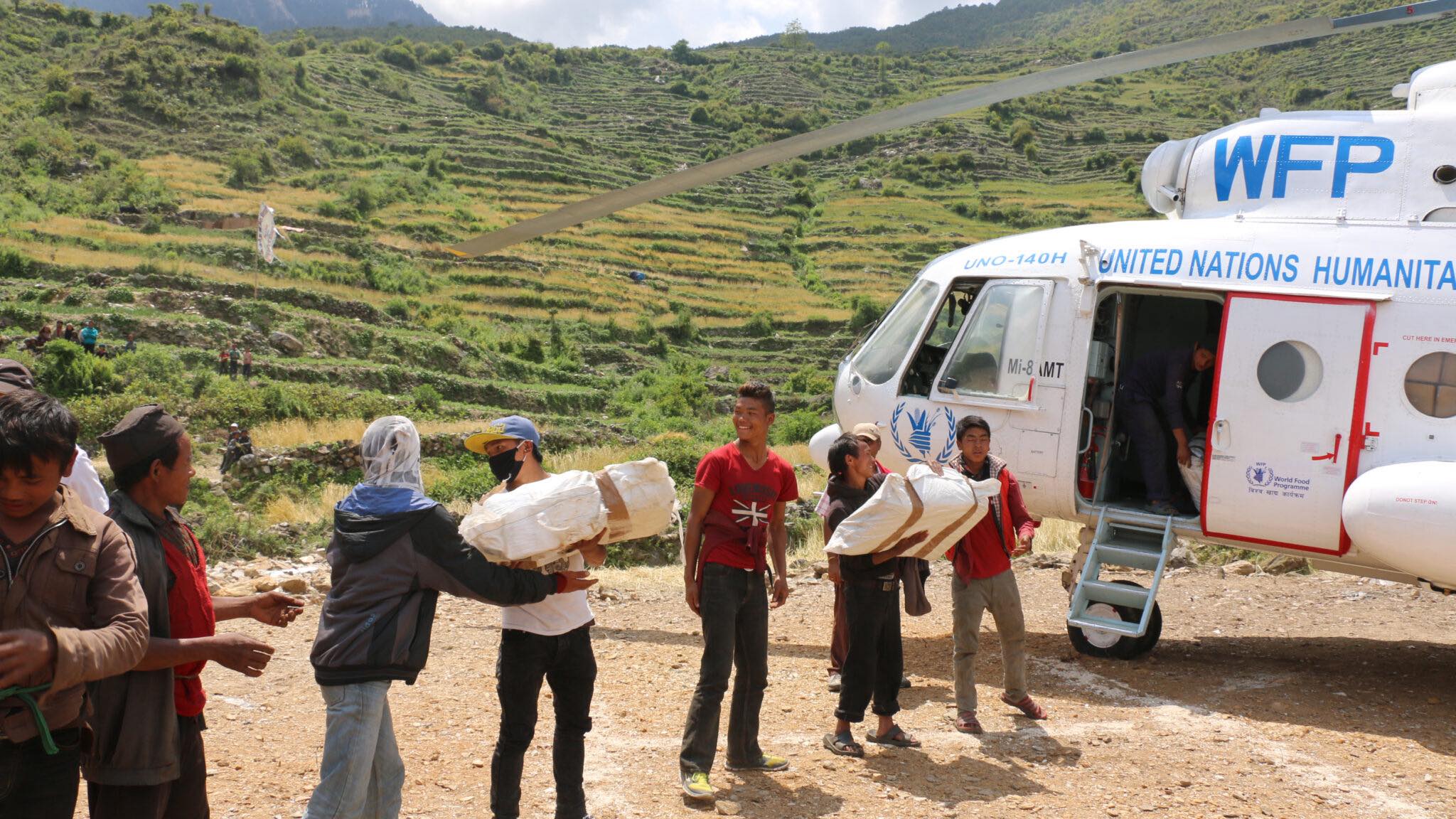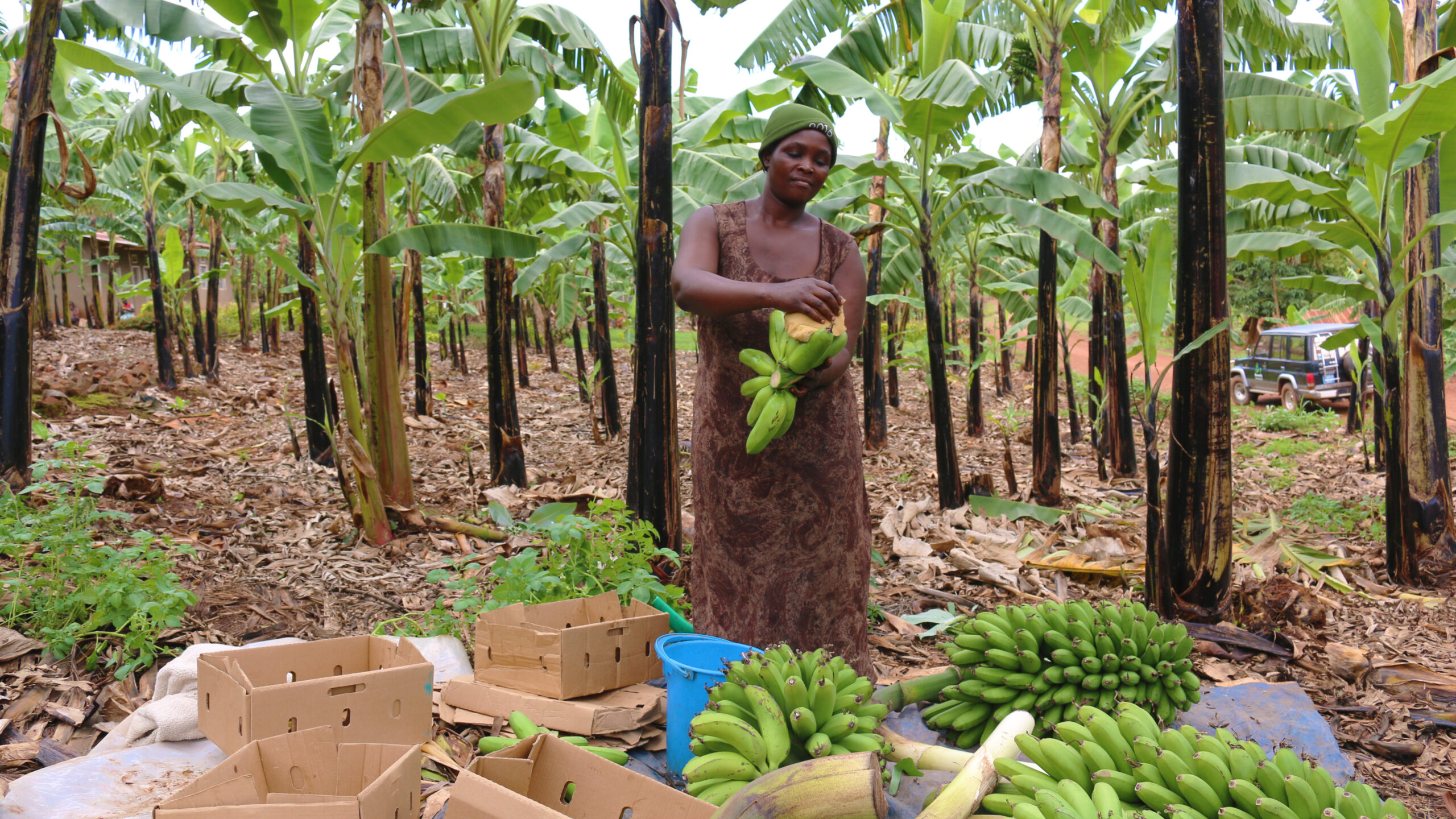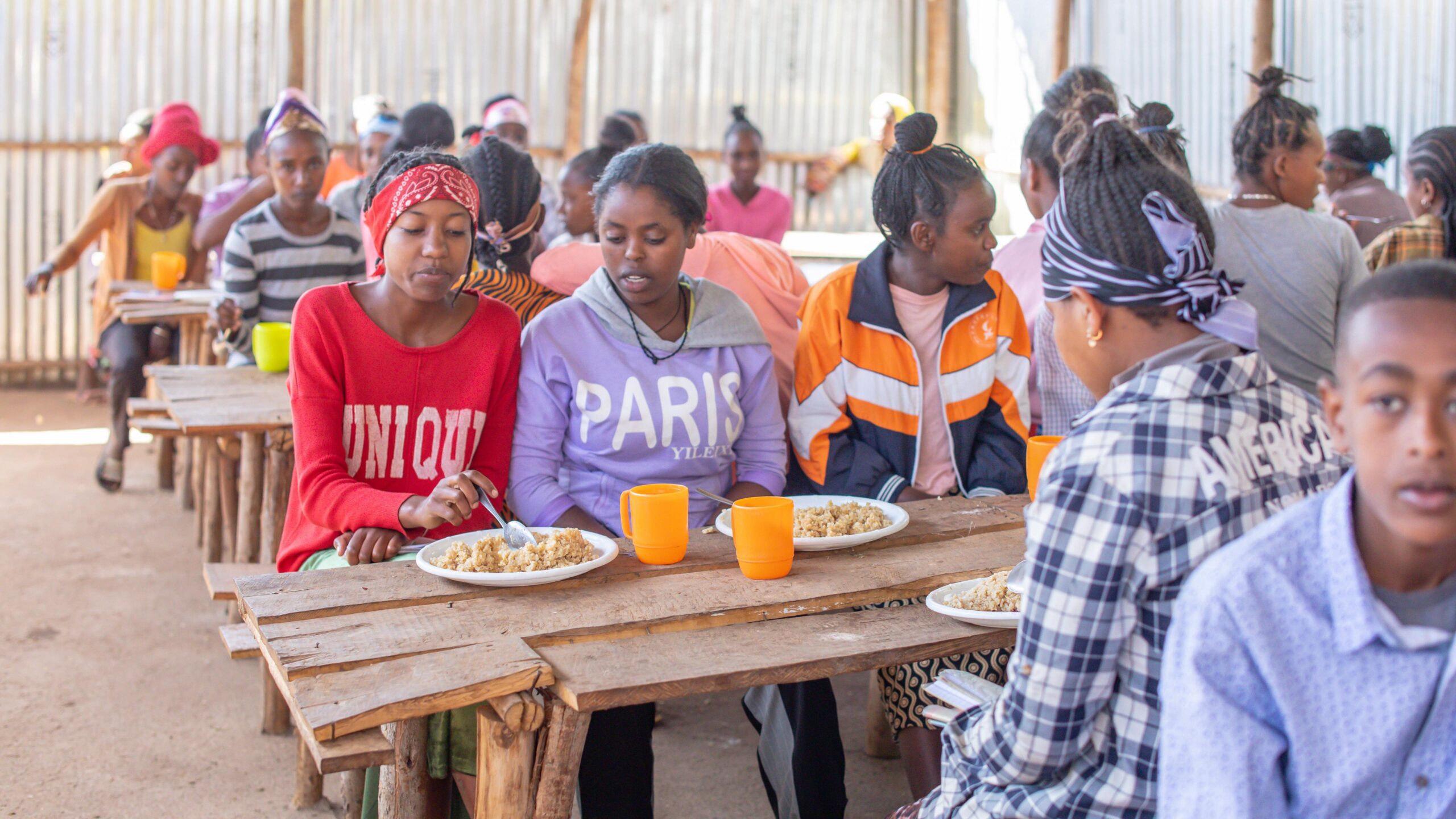Knowing when and how climate change will impact crop production is essential for devising adaptation solutions. Recent advances in methods to measure the potential response of crops to the various effects of weather or climate, combined with crop yield modelling, has opened the door to precise assessments of what could happen – and what we need to do.
In Africa, maize will experience heat stress, drought stress and a shorter crop duration – that is the length of time between planting and harvesting. On the farm, reduced crop duration means that growing seasons may not be long enough to allow maize plants to fully mature, with potentially catastrophic results for farmers and the millions of people who regularly consume maize. One way around this would be to breed maize varieties with shorter crop durations, but we are already lagging behind, according to a new paper published in Nature Climate Change. Researchers asked whether crop breeding – just one of many ways to tackle climate impacts in agriculture – is keeping up with the anticipated impacts on African maize; the answer is a stark “No”, unless we immediately start adapting crops to withstand these changes, and make them immediately made available to farmers.
The study, led by Andy Challinor from the Priestley International Centre for Climate at the University of Leeds, and researchers from Leeds, the International Center for Tropical Agriculture (CIAT) and the International Maize and Improvement Center (CIMMYT), points out that the current pipeline for breeding climate-ready maize varieties is not keeping pace with the rate of climate change. Shorter crop durations are projected to become a reality by 2031 in many locations, causing potential reduction in yield for most of Africa. But it can take up to 30 years for new varieties to be developed, delivered and adopted by farmers.
One way to better match maize varieties to a warming climate is to accelerate getting better breeds out to farmers, a process known as Breeding, Delivery and Adoption (BDA), which requires elaborate planning and coordination involving numerous actors and interest groups. The authors suggest that the process could be sped up at all stages using a variety of techniques. The free, international sharing of information and maize samples/germplasm could accelerate selecting the right traits to breed for. Working with farmers to ensure new varieties suit their demands, and finding new ways to help them get new seeds could also help speed things up. The specific opportunities speed things up in any one place is uncertain and highly variable: the process is influenced by local regulations, markets and farmer preferences, as well as the capability (and willingness) of the various actors to make the necessary improvements.
“Investment in agricultural research to develop and disseminate new seed technologies is one of the best investments we can make for climate adaptation,” says Andy Jarvis, a CIAT scientist who leads research on climate-smart agricultural practices for the CGIAR Research Program on Climate Change, Agriculture and Food Security (CCAFS), which funded the study. “Climate funds could be used to help the world’s farmers stay several steps ahead of climate change, with major benefits for global food security,” he said.
Another approach to shorten the overall cycle, independent of BDA time, would be to breed new varieties under elevated temperatures. The challenge here is identifying suitable heat stress sites where trials could be undertaken. Trials can also be conducted in greenhouses which. Data from such trials is already being used to identify donor lines for heat stress.
A final tactic to slow down potential climate impacts is to live up to global warming targets, namely the 1.5 degree ‘safe warming’ target set by the Paris Climate Agreement in 2015. The paper highlights that with the best case (i.e. fastest) BDA times, reducing emissions from our current trajectory would limit global warming by 2050, allowing crop durations to stay within a safe range of variability. But “the longest BDA times lead to projected crop durations well outside of current variability,” say the authors, regardless of the emissions reduction pathway we take.
Looking beyond breeding
Accelerating the development and adoption of improved maize varieties may help African farmers facing shorter crop durations, but more radical transformations will also be needed. Previously, CCAFS scientists found that areas growing nine crops that make up 50% of food production in sub-Saharan Africa would need to rapidly transform in order to keep up with climate change. These transformations could mean using an improved variety, but they may also entail changing the type of crop grown in an area, using improved farming methods, or in extreme circumstances, moving away from agriculture altogether.
And even the most improved crop variety will be fruitless if rains fail completely or if pests and diseases overwhelm it. Many countries are already investing in better insurance products for farmers and more useful and accessible climate information direct to farmers’ mobile phones, empowering farmers to thrive in times of crisis, and make important investments towards becoming more resilient.
This item was cross-posted from the CGIAR Research Program on Climate Change, Agriculture, and Food Security blog.







